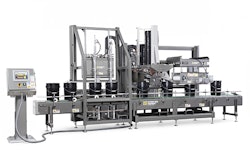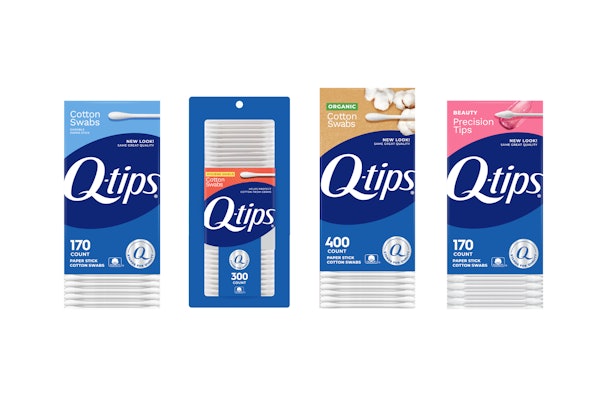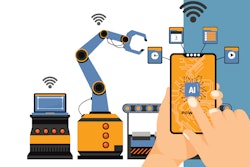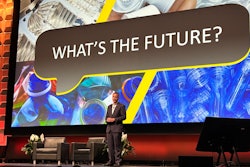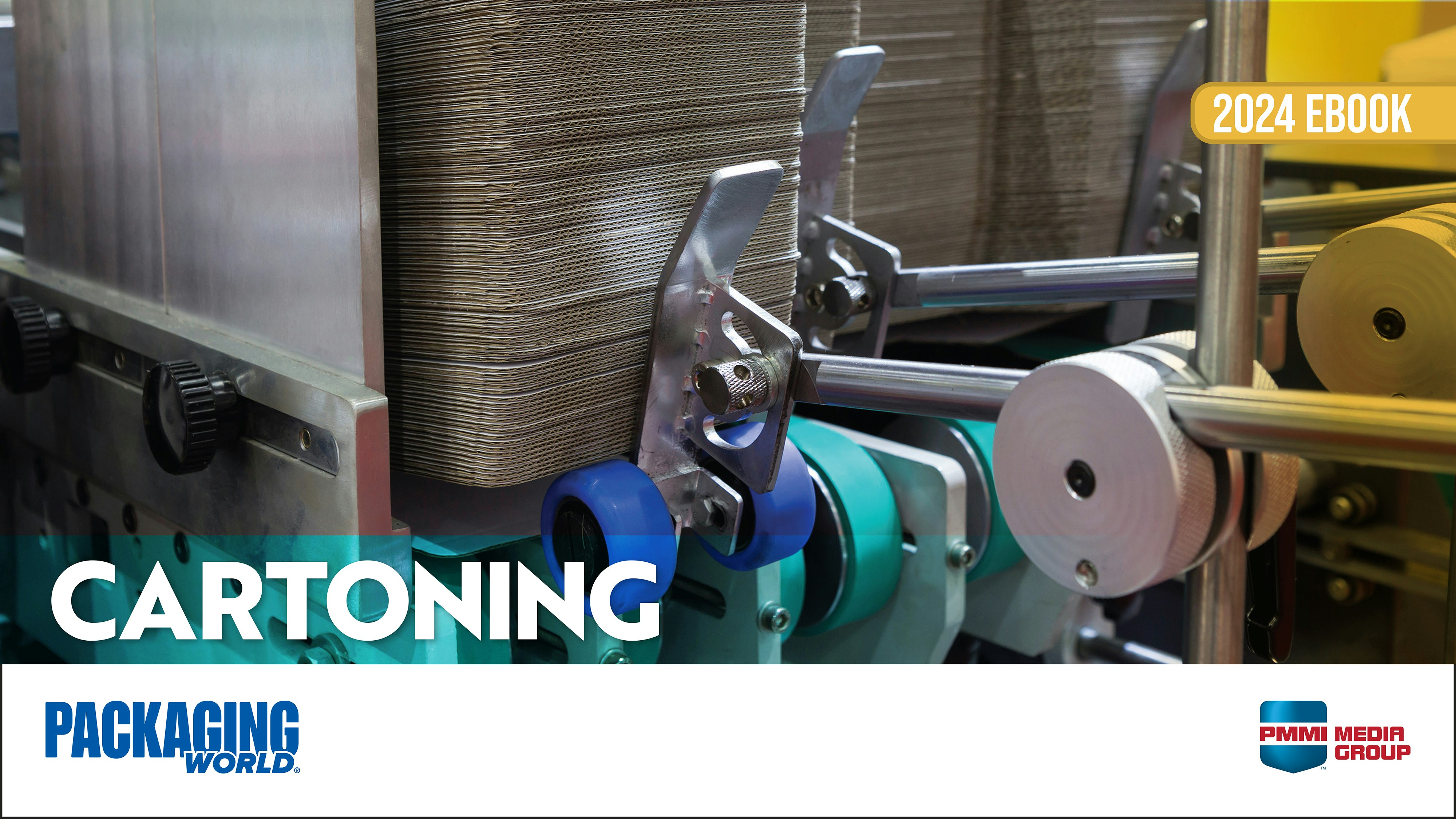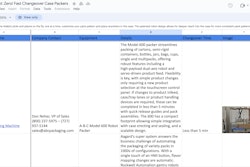
Over the last several decades, the development of larger and faster distribution, inventory, and retail systems has depended on distribution packaging to carry information and to provide shipping data. Just In Time (JIT) product delivery is now the backbone of our low-inventory, high-turnover food and consumer goods distribution system. It could not operate without the machine-readable information that distribution packaging carries and that allows automated order management.
This trend is accelerating. Early distribution systems relied on simple product identification to route product to its destination. Now, larger amounts of machine-readable information is carried on (and in) packages allowing expiration dates, batch numbers, and authentication information to be read and recorded “on the fly” using optical and RFID readers in sophisticated distribution and cross-docking operations.
Tracing where a package through distribution is done every day with express shipping systems. The same precision is increasingly possible with higher-resolution identification being integrated into more general distribution systems. Integrating specific product and shipping information can also provide the basis for analysis of shipping damage, product diversion, or other sources of loss, as well as providing advanced real-time rerouting systems to suit changing economic and weather conditions.
As our economy becomes ever more globally intertwined, this capacity for identification, direction, and integration will become ever more critical. If olives from Turkey cannot be quickly and efficiently distributed throughout retailers in Canada, everyone from the grower to the customer suffers. If critical vaccines cannot be distributed where needed to thwart a disease outbreak, the consequences are even more dire. If these advances can be securely implemented through global information systems, then integration can accelerate, promoting more distribution efficiency, a wider range of products available to the consumer, and lower costs throughout. Consumers now have the ability to view, rate, and reach a world of goods via information systems, the Internet, and smart devices. The ongoing challenge is to use these technologies in better ways to get these products to the paying customer in a similarly efficient and safe fashion.
Scott A. Morris is the director of the packaging program at the University of Illinois at Urbana-Champaign and can be reached at [email protected].



